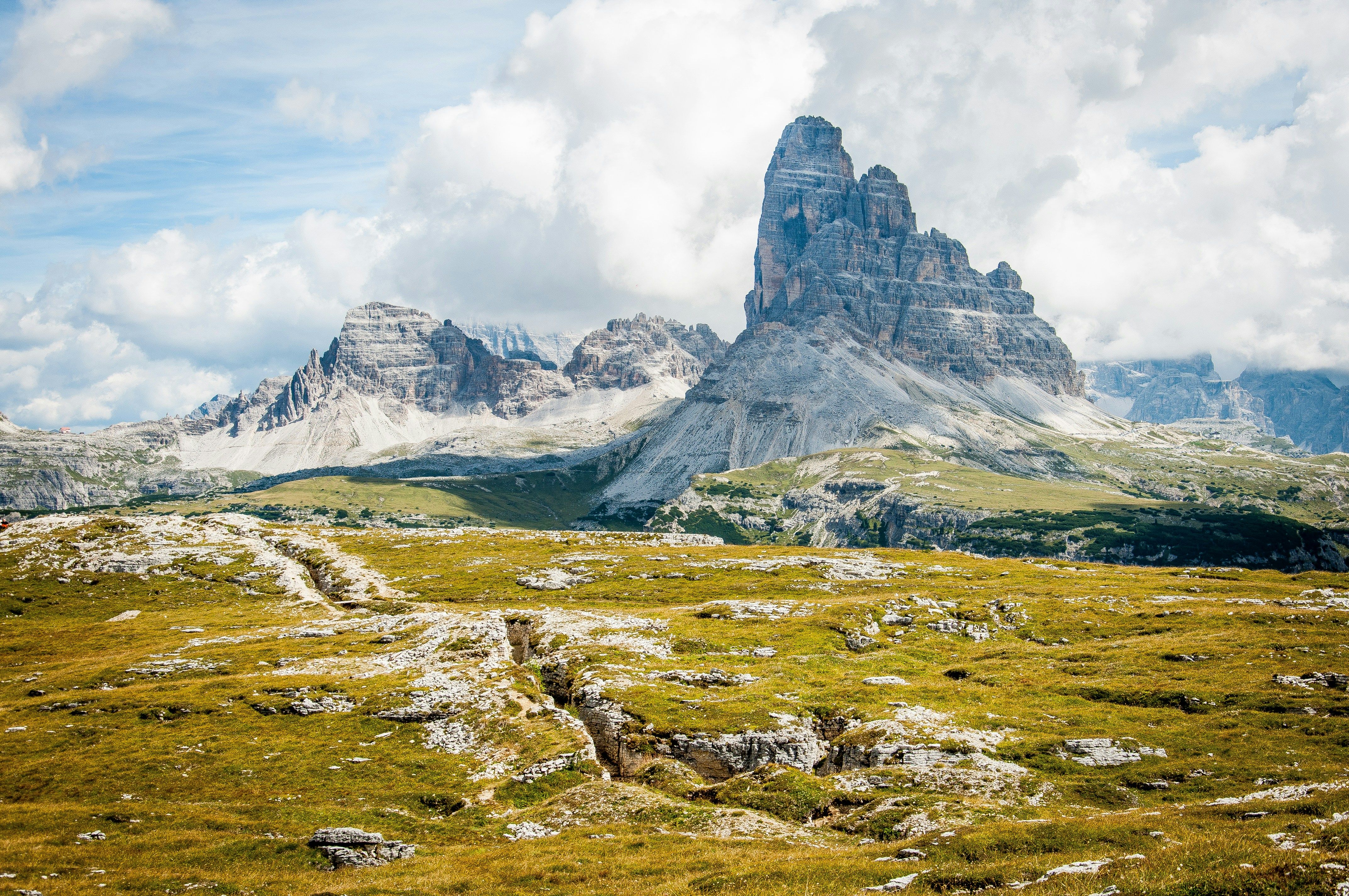Venezuela Confirms Maduro's Win via CNE, Supreme Court Seeks Voting Records and Proof of Alleged Hacking Incidents
In the steamy Caracas heat on the 3rd of August, 2024, Venezuela's National Electoral Council (CNE) confirmed President Nicolás Maduro's re-election in an election riddled with accusations of fraud and tension. Despite Maduro's victory with 51.95% of votes (6.4 million) compared to 43.18% (5.3 million) for opposition candidate Edmundo González, the margin between the two narrowed from the CNE's initial bulletin.
The CNE tallied 96.87% of voting centers, declaring that a total of 12.3 million out of 21.3 million voted, equating to an impressive 59.97% turnout - a figure hotly debated by opposing factions. Regrettably, the CNE's website remained offline, causing speculation and fueling suspicions of a cyber attack that has delayed publishing the election's results.
Opposition forces vehemently rejected the official tally, setting up their own parallel website showcasing "more than 80 percent" of the voting records from polling stations. This alternative data, yet to be verified, reportedly gave González an overwhelming landslide victory, with over 70% of the votes.
In a meeting with media outlets, National Assembly (AN) President Jorge Rodríguez criticized the opposition’s data as being riddled with inconsistencies. Rodríguez revealed damaged and incomplete records, illegible signatures, and evidence ofthe opposition's website being created before the election. "That's old rubbish", Rodríguez declared, standing alongside Maduro.
Unsurprisingly, Washington threw its full weight behind the opposition's claim, with US Secretary of State Antony Blinken asserting that González had won the election. A draft House resolution put forth by US Representatives Debbie Wasserman Schultz (D) and Mario Díaz-Balart (R) proposed recognizing González as Venezuela's "president-elect" and imposing new sanctions on the Caribbean nation.
Echoing Washington's sentiments, Peru, Uruguay, and Argentina validated the opposition candidate as the rightful winner, while the governments of Colombia, Brazil, and Mexico urged the preservation of Venezuelan sovereignty.
To fight the far-right opposition's allegations of election fraud, Maduro petitioned the Electoral Chamber of the Supreme Court of Justice (TSJ) for a judicial review of the election results. He vowed to submit the tally records collected by the Socialist Party (PSUV) and allies when needed.
Subsequently, the TSJ demanded relevant legal documents from all ten presidential candidates and political parties involved in the July 28th vote. The only candidate absent from the session at the TSJ headquarters was González, whose representatives have remained uncharacteristically silent.
María Corina Machado, the leading voice of the far-right opposition, remains in hiding after allegations of being responsible for organizing a violent coup. In an op-ed published in the Wall Street Journal, she called on the international community for assistance in enforcing the opposition's claimed victory.
At a meeting with the candidates, TSJ President Caryslia Rodríguez demanded the CNE present detailed electoral records from centers nationwide, totalization records for the electoral process, and a report declaring Maduro the winner within three days. Rodríguez also pressed the electoral institution to present "all the elements of evidence" associated with the suspected cyber attack that had hindered the transmission of the election results.
The refusal by some countries, such as the United States, to acknowledge the election results triggered protests in Venezuelan cities on the 5th of August, leading to violent clashes with security forces. Some sources report more than 10 deaths during these disturbances, although these figures have yet to be verified.
Caracas was once again embroiled in turmoil, with anti-government protests scheduled for the 7th of August. On the other hand, Chavismo is rallying to resist violence and foreign meddling in Venezuela's domestic affairs.
- Despite the National Electoral Council (CNE) confirming President Nicolás Maduro's re-election, opposition candidate Edmundo González reportedly gained a significant lead in their own parallel data, allegedly giving him over 70% of the votes.
- To combat allegations of election fraud, President Maduro petitioned the Electoral Chamber of the Supreme Court of Justice (TSJ) for a review of the election results, promising to submit tally records collected by the Socialist Party (PSUV) and allies when necessary.
- The TSJ demanded relevant legal documents from all ten presidential candidates and political parties involved in the election, but González's representatives have remained uncharacteristically silent.
- While some countries, including the United States, refuse to acknowledge the election results, Venezuela has seen protests and violent clashes with security forces following the announcement.
- In the face of anti-government protests, Chavismo is rallying to resist violence and foreign meddling in Venezuela's domestic affairs, as the country braces for further unrest in the coming days.









